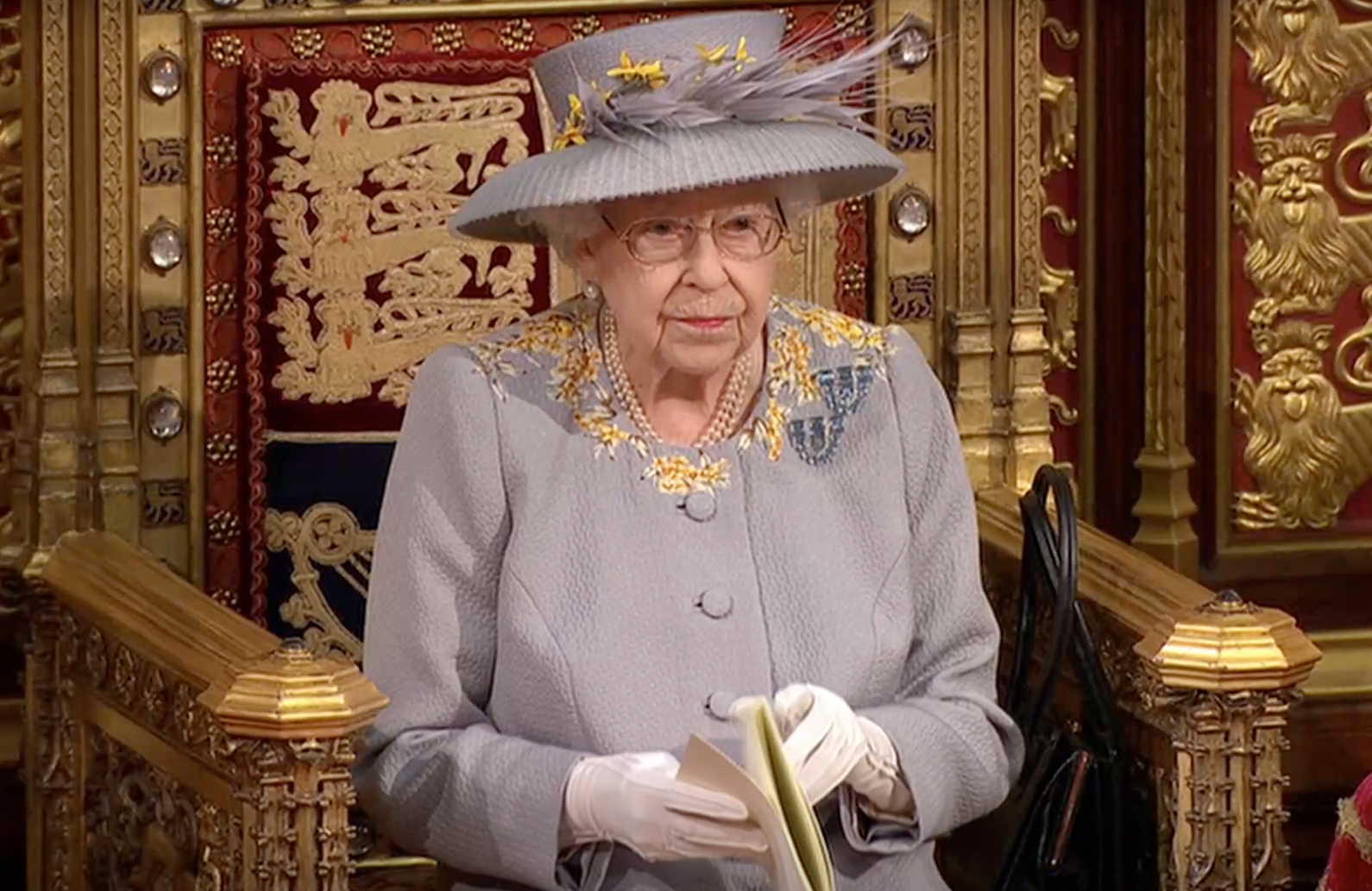Queen’s Speech: Government accused of creating ‘highly dangerous loophole’ in plans for conversion therapy ban
‘Government needs to do what the UN has called for — a full ban on conversion practices’
Your support helps us to tell the story
From reproductive rights to climate change to Big Tech, The Independent is on the ground when the story is developing. Whether it's investigating the financials of Elon Musk's pro-Trump PAC or producing our latest documentary, 'The A Word', which shines a light on the American women fighting for reproductive rights, we know how important it is to parse out the facts from the messaging.
At such a critical moment in US history, we need reporters on the ground. Your donation allows us to keep sending journalists to speak to both sides of the story.
The Independent is trusted by Americans across the entire political spectrum. And unlike many other quality news outlets, we choose not to lock Americans out of our reporting and analysis with paywalls. We believe quality journalism should be available to everyone, paid for by those who can afford it.
Your support makes all the difference.Boris Johnson’s government has been accused of creating a “highly dangerous loophole” in plans to ban conversion therapy outlined at the Queen’s Speech.
The government, which also faces criticism for delaying the publication of legislation once again with a newly launched consultation, stressed the eventual ban on the discredited practice will “eliminate coercive practices which cause mental and physical harm”.
“We will ensure the action we take to stop this practice is proportionate and effective, and does not have unintended consequences,” they said
“We will ensure medical professionals, religious leaders, teachers and parents can continue to be able to have open and honest conversations with people”.
However, Jayne Ozanne, a former government LGBT+ adviser, who quit over delays to plans earlier this year, told The Independent: “The government is creating a highly dangerous loophole by focusing purely on ‘coercive’ practices.
“Most LGBT people in religious settings feel it is their duty to submit to those in authority and will therefore willingly follow their leaders’ ‘advice’, even if it causes them great harm. The government needs to do what the UN has called for — a full ban on conversion practices”.
Despite first pledging to stamp out the discredited practice in Britain three years ago — first under Theresa May’s administration — documents published on Tuesday also said that ministers will “launch a consultation before details of the ban are finalised to hear from a wide range of voices on how best to protect people from conversion therapy”.
“We have commissioned research into the scope of practices and experiences of those subjected to conversion therapy, so that we can fully consider the needs of all those it affects,” it added.
Ms Ozanne added: “We don’t need yet more delay, they have consulted long enough. We now need action before more lives are lost”.

While welcoming the commitment to introduce a ban on the so-called therapies, Nancy Kelley, the CEO at Stonewall, said: “The news of consultation is concerning and will be hard for our communities to hear.
“We don’t need a consultation to know that all practices that seek to convert, suppress, cure or change us are dangerous, abusive and must be banned.
“Lesbian, gay, bi, trans, intersex and ace communities have been waiting almost three years for the UK Government to follow through on their promise to ban all conversion practices, and any delay leaves us at further risk of abuse.”
The government added it will soon invite organisations to bid to develop a “package of support that will ensure victims of conversion therapy are able to find and access the help that they needs” with a chosen provider being in place by the summer.
“We will remain in close contact with the devolved administrations as we develop these measures to find constructive solutions to end this abhorrent practice for good.
According to a government survey of LGBT+ people published in 2017, five per cent of respondents reported being offered conversion therapy while two per cent had undergone the practice. Individuals were most likely (53 per cent) to say that faith organisations had offered or conducted the practice, with 16 per cent attributing it to parents, guardians or family members.

Join our commenting forum
Join thought-provoking conversations, follow other Independent readers and see their replies
Comments